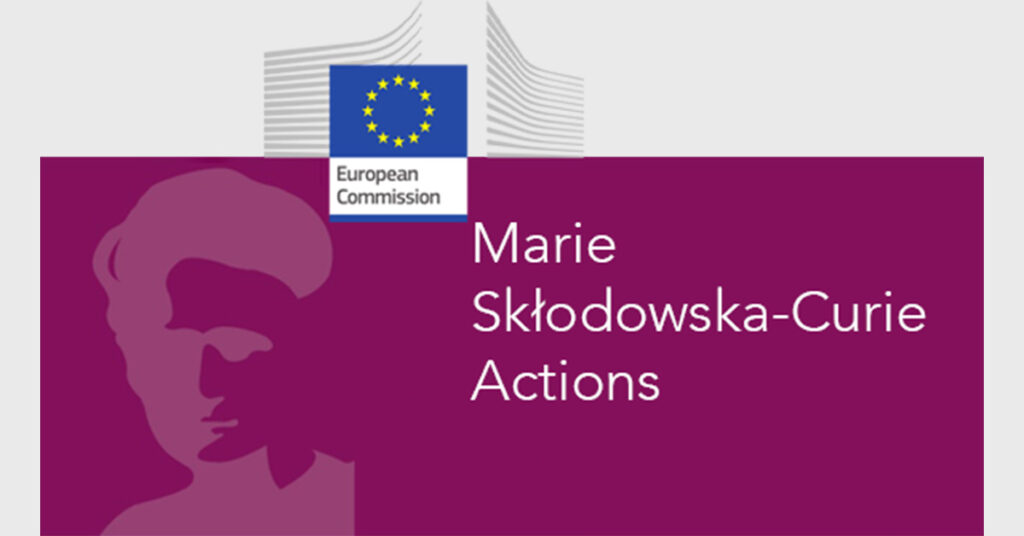News
Advancing proteomics through industrial collaborations

LIH researchers approached by Bruker Daltonics to develop novel proteomics applications
The ‘Proteomics of Cellular Signaling’ research group of the LIH Quantitative Biology Unit, led by Prof Gunnar Dittmar, has teamed up with Bruker Daltonics, a leading international manufacturer of mass spectrometers, to develop new applications for targeted proteomics on their new flagship mass spectrometer ‘timsTOF Pro’. The goal of this collaboration, which saw the endowment of one of Bruker’s novel mass spectrometers to the research group, is to develop new targeted techniques to improve the measurement of diagnostic biomarkers for cancer and other diseases.
The ‘Proteomics of Cellular Signaling’ research group of the LIH Quantitative Biology Unit, led by Prof Gunnar Dittmar, has teamed up with Bruker Daltonics, a leading international manufacturer of mass spectrometers, to develop new applications for targeted proteomics on their new flagship mass spectrometer ‘timsTOF Pro’. The goal of this collaboration, which saw the endowment of one of Bruker’s novel mass spectrometers to the research group, is to develop new targeted techniques to improve the measurement of diagnostic biomarkers for cancer and other diseases.
Proteomics, that is the identification and quantification of the complete set of proteins produced by a cell, is a rapidly growing field of research that is acquiring increasing importance when studying diseases and devising new treatments. Indeed, proteins represent the actual functional molecules in the cell, being directly responsible for all cellular activities. Mutations in the genome can lead to aberrant proteins, which in turn cause cellular dysfunctions, eventually resulting in a given disease. In order to accurately and reproducibly detect and measure the abundance of specific proteins in human samples, study their interactions and therefore elucidate the mechanisms by which they cause diseases, targeted proteomics approaches based on mass spectrometry are used. Due to their ability to detect the presence of a specific protein, targeted proteomics methods are particularly relevant in the clinical setting in terms of personalised medicine and diagnostics, since they allow the stratification of patients as ‘responders’ and ‘non-responders’ to a given treatment, based on their precise protein profiles.
Prof Dittmar and his team were approached by Bruker Daltonics with the challenge of developing new targeted proteomics applications for Bruker’s new ‘timsTOF Pro’ mass spectrometer. The machine allows protein identification by ionising the peptides derived from proteins to be analysed, holding them stationary in an ‘ion mobility trap’ and separating them based on differences in their shapes and mass, resulting in the rapid and highly sensitive characterisation of ion mobility when compared to other techniques.
Prof Dittmar’s team, including Antoine Lesur and Marta Mendes, therefore set about collaborating on the development of an application specific to the machine, to be used to analyse clinical samples in the context of clinical research projects. The method is currently being tested on colon carcinoma samples to screen them for the expression of a mutant version of the KRAS protein, which is known to affect patient response to a specific type of immunotherapy. The initial testing phases took place in Bruker’s demo laboratory in Paris. However, following very successful preliminary results, Bruker was keen to accelerate the development of this application and decided to facilitate Prof Dittmar’s group’s access to its state-of-the-art machine, which was delivered to the LIH laboratory premises in December 2019.
“Having been approached by a leading equipment manufacturer like Bruker to assist them in the development of novel proteomics techniques is a very gratifying sign of the international recognition of our expertise in targeted proteomics. It is an honour to be among the top five laboratories globally to have access to such a piece of equipment in house”
says Prof Dittmar.
“The new machine and its applications will eventually play an important role in supporting translational projects seeking to improve the early diagnosis of a number of diseases, based on the accurate and highly sensitive detection of relevant biomarkers“, he concludes.

Scientific Contact








